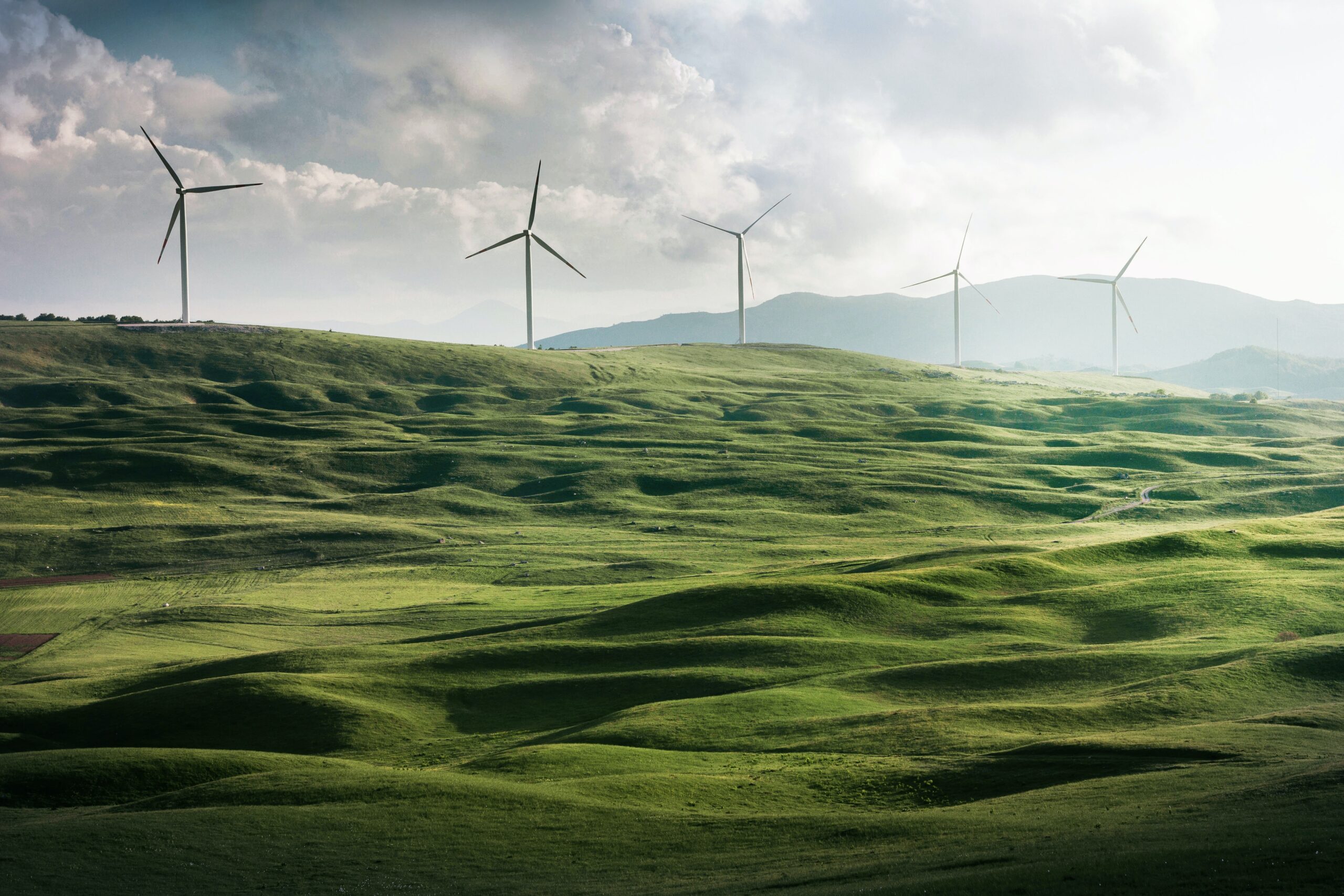Advancements in artificial intelligence (AI) technology have revolutionized various industries, including energy and water conservation. AI has proven to be a game-changer, enabling innovative solutions, providing valuable information, supporting engineering research, and offering technical support in the pursuit of sustainable practices.
One of the key areas where AI has made significant contributions is in optimizing energy consumption. Smart systems powered by AI algorithms can analyze energy usage patterns, identify inefficiencies, and suggest improvements. This not only helps reduce energy wastage but also leads to substantial cost savings for businesses and individuals.
Similarly, AI plays a crucial role in water conservation efforts. By utilizing machine learning algorithms, AI-powered systems can monitor water usage, detect leaks or abnormal consumption patterns, and promptly alert users. This proactive approach helps prevent water loss and enables efficient water management.
Another aspect where AI has proven invaluable is in engineering research. With AI’s ability to process and analyze vast amounts of data quickly, researchers can gain deeper insights and make more informed decisions. Whether it’s optimizing the design of renewable energy systems or developing new materials for water purification, AI accelerates the pace of innovation in these fields.
Furthermore, AI technology offers technical support for energy and water conservation initiatives. Chatbots and virtual assistants powered by AI can assist users in understanding and implementing energy-saving measures or water conservation practices. These AI-driven support systems are available 24/7, providing instant guidance and troubleshooting, leading to more effective conservation efforts.
When it comes to energy and water conservation, AI is not limited to individual applications. It also contributes to the larger goal of building sustainable cities and infrastructure. By leveraging AI technology, urban planners can develop intelligent systems that optimize energy distribution, manage water resources, and monitor environmental impact. These AI-driven solutions pave the way for greener, more efficient urban environments.
The potential of AI in energy and water conservation is vast, and ongoing research continues to push the boundaries of innovation. As AI technologies evolve, we can expect even more sophisticated algorithms and applications that further enhance conservation efforts.
Tags: AI technology, energy conservation, water conservation

